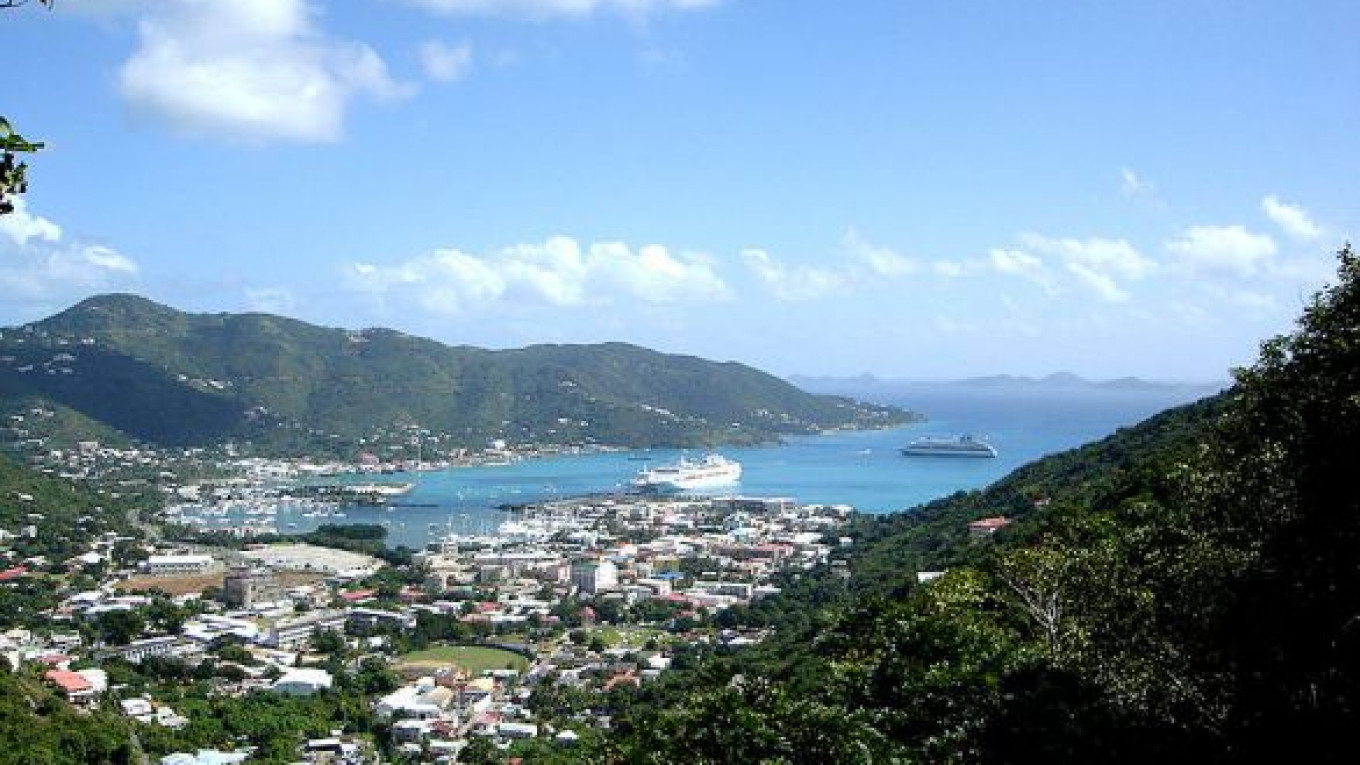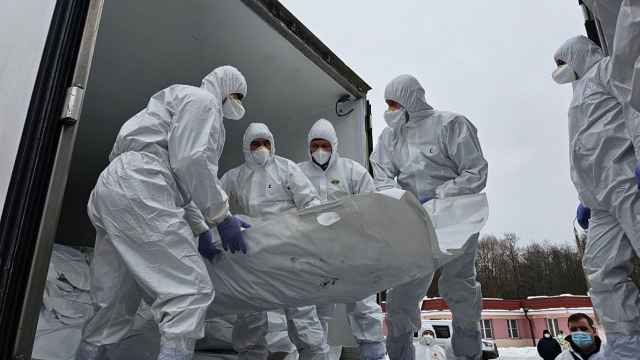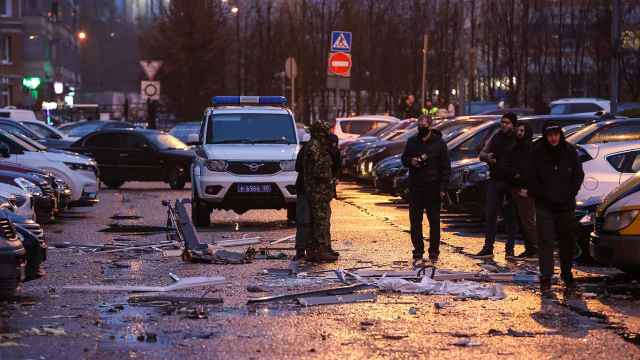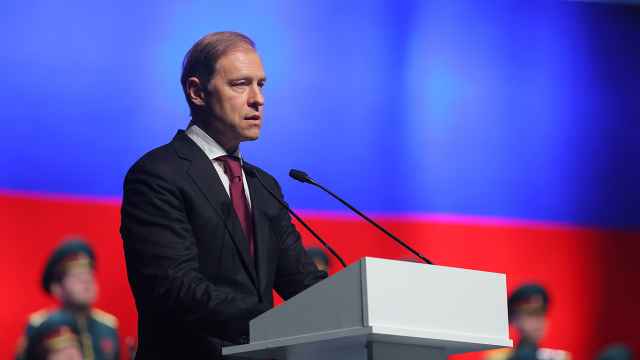President Vladimir Putin's calls for domestic companies to repatriate their funds back home from offshore jurisdictions have fallen on deaf ears, with almost half of the $67 billion investment by Russian residents abroad in the first quarter of this year settling in the British Virgin Islands, according to figures released by the Central Bank on Friday.
The British Virgin Islands saw $31.66 billion of direct investment by Russian residents during the first three months of 2013 in the wake of the banking crisis in Cyprus — previously Russians' favorite tax haven. The figure skyrocketed from just $2.1 billion in the first quarter of 2012 and $4 billion during the fourth quarter of last year.
The investments accounted for 47 percent of the $67.2 billion that Russian residents invested outside the country in January through March.
The second largest investment was made in Luxembourg and accounted for $13.9 billion, up from $258 million in the first quarter of 2012 and $1.8 billion during the last three months of last year. Cyprus saw a modest $2.7 billion, down from $4.8 billion in the same period a year earlier, the Central Bank data showed.
"The figures are, apparently linked to the financial problems in Cyprus," said Alexei Devyatov, chief economist at UralSib Capital.
He suggested that, although the Cypriot crisis broke out only in March, many investors had expected problems, and this resulted in redistribution of capital flows between offshore centers in the first quarter of the year.
It might take Cyprus a few years to win back depositors' trust, Devyatov said.
The collapse of the Cypriot banking system earlier this year left the accounts of many Russian companies and individual depositors frozen, followed by a restructuring of the Bank of Cyprus and plans to liquidate Cyprus Popular Bank, also known as Laiki.
The move was part of the bailout plan approved by the Cypriot government and its European Union creditors that also envisaged that the island country's authorities would slash part of the deposits in the Bank of Cyprus exceeding 100,000 euros to recapitalize the lender. The bank's clients falling under this category will lose 47.5 percent of their savings, Reuters reported earlier this month.
At the end of 2012, Russian banks had about $12 billion deposited with Cypriot lenders, while corporate deposits accounted for $19 billion, according to Moody's.
Some analysts suggested that the surge in the cash flow to other offshore jurisdictions could have been a result of the deal between Rosneft and Alfa-Access-Renova, which sold its 50 percent stake in TNK-BP to the state-controlled oil giant for $28 billion.
The British Virgin Islands are a traditional jurisdiction for closing deals in the energy sector, said Dmitry Belousov, an analyst at the Center for Macroeconomic Analysis and Short-Term Forecasting.
Rosneft purchased the stake from Alfa Petroleum Holdings Limited and OGIP Ventures, which are registered in the British Virgin Islands, Interfax reported.
At the same time Alfa Group, which is part of the AAR consortium, invested $15.36 billion raised from the deal into LetterOne Holdings S.A., which is registered in Luxembourg, the report said.
In December, Putin pushed for "deoffshorization" of the domestic economy to help repatriate capital channeled to offshore jurisdictions. He complained that nine out of every 10 deals by Russian companies are not subject to the national jurisdiction.
He later called on billionaire owners of the Alfa-Access-Renova consortium — Viktor Veklberg, Mikhail Fridman, German Khan and Leonard Blavatnik — to invest the cash received from selling their 50 percent stake in TNK-BP in the Russian economy.
But even without the Rosneft deal, first quarter investment by Russian residents abroad reached $39 billion, close to the $48.2 billion invested during the whole of last year.
This might be a result of Russian companies purchasing cheap assets in Europe hit by the debt crisis, Belousov said. It is clear that European assets, like those in Germany and Eastern Europe, were underestimated during the crisis, and investors hope that their value will increase after the turmoil is over, he said.
Contact the author at [email protected]
A Message from The Moscow Times:
Dear readers,
We are facing unprecedented challenges. Russia's Prosecutor General's Office has designated The Moscow Times as an "undesirable" organization, criminalizing our work and putting our staff at risk of prosecution. This follows our earlier unjust labeling as a "foreign agent."
These actions are direct attempts to silence independent journalism in Russia. The authorities claim our work "discredits the decisions of the Russian leadership." We see things differently: we strive to provide accurate, unbiased reporting on Russia.
We, the journalists of The Moscow Times, refuse to be silenced. But to continue our work, we need your help.
Your support, no matter how small, makes a world of difference. If you can, please support us monthly starting from just $2. It's quick to set up, and every contribution makes a significant impact.
By supporting The Moscow Times, you're defending open, independent journalism in the face of repression. Thank you for standing with us.
Remind me later.






